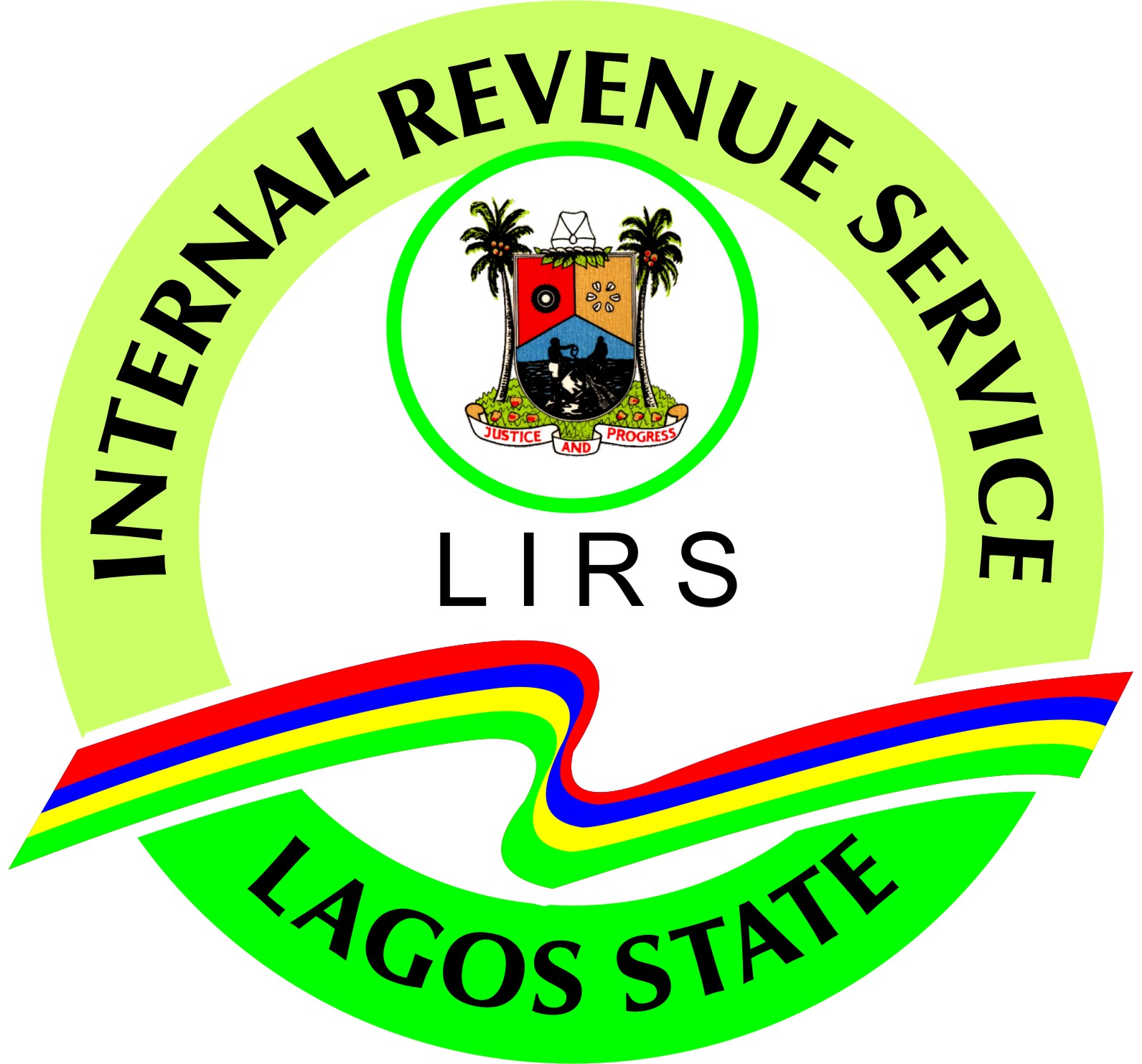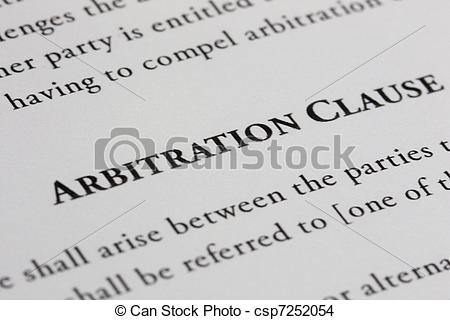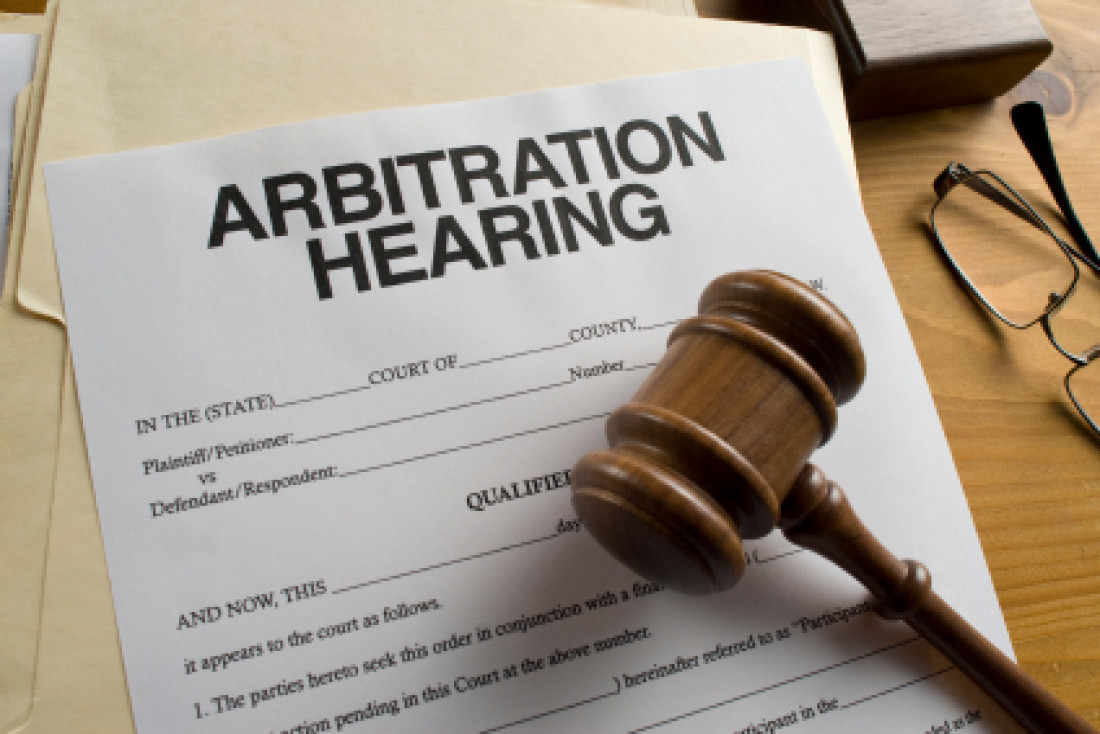Company
structure
The
primary law governing companies and businesses in Nigeria is the Company and
Allied Matters Act (CAMA). It deals with the various types of company
structures, eligibility, process for registration, and rules for operation. The
regulatory body that is in charge of implementing the provisions of the CAMA is
the Corporate Affairs Commission (CAC).
The
various business structures allowed in Nigeria are – registered business name,
company limited by shares, company limited by guarantee, unlimited company (all
companies may be private or public), and incorporated trustees For the purposes
of this guide, we will deal with only a private company limited by shares.
What
are the requirements?
- A company must have a minimum
of 2 members, and a maximum of 50 members
- Founding members must not be –
under the age of 18 years old (unless at least 2 other members are over
the age of 18), of unsound mind, an undischarged bankrupt, or disqualified
by CAMA from being a Director
- Foreigners and foreign
companies can be founding members of a company alongside Nigerian citizens
- The current minimum share
capital of a company to be registered in Nigeria is N10, 000
What
documents are needed for incorporation?
- Memorandum and Articles of
Association
- Notice of registered address of
the business
- List, particulars, and consent
of the first Directors of the company
- Statement of compliance by
legal practitioner
Upon successful registration, the
company is presented with a Certificate of Incorporation.
To
find out a bit more about registering a company/business in Nigeria you can
read up on the below articles:
Intellectual
Property (IP) Protection
The
Nigerian legal system affords protection to IP rights in the following
categories – copyright, trademark, and patents.
Copyright
A
copyright is a legal right that grants the creator of an original work
exclusive right to its use and distribution, usually for a limited time. The
exclusive rights are not absolute; they are subject to certain limitations.
In
Nigeria, the primary piece of legislation for copyright is the Copyright Act,
and the body charged with the enforcement and protection of copyright is the
Nigerian Copyright Commission (NCC).
The
ownership of copyright is the creator of a copyright work, usually referred to
as the “author” of the work. He/she owns the copyright in the work in the first
instance. However, the author is at liberty to transfer his rights to a third
party. In such a case, the person who has obtained the right by transfer or
other legal means becomes the owner of copyright.
What
is eligible for copyright protection?
- Literary works; Musical works;
Artistic works; Cinematograph works; Sound recording; and Broadcasts
For
it to be eligible for copyright protection, the work must be sufficiently
original, and must be in a form which can is expressed e.g. in writing, a
painting, a musical recording etc. You can’t have copyright protection over
something in your head, which has not been expressed.
Originality and expression are the
key pillars for eligibility
Do
you need to register a copyright?
You
do not have to register your copyright. Copyright subsists automatically in a
work from the moment the work is created.
However,
the NCC has established a voluntary copyright registration
scheme designed to enable authors and right owners notify the
Commission of the creation and existence of a work. The NCC justifies the
establishment of this scheme based on the following benefits:
- It provides an independent
source of verifying data relating to a work or its author to the general
public;
- The acknowledgement certificate
issued provides prima facie evidence of the facts shown on it;
- It provides a depository for
preserving original copies of works notified;
- The information and data
contained in the Notification database offers reliable rights management
information to members of the public and prospective licensees to the work
Trademark
A
trademark is a word, phrase, symbol or design, or a combination of words,
phrases, symbols or designs, that identifies and distinguishes the source of
the goods of one party from those of others.
Once
a trademark is registered, it enables the trademark owner to amongst other
things- take legal action against anyone who uses the registered mark without
permission, sell and/or license the registered trademark (so in a sense it
becomes an asset), and allows the owner to legally put the ® symbol next to the
brand – to show ownership and warn others against using it.
In
Nigeria, the legislation, which governs the registration of trademarks, is the
Trade Marks Act (and the Trade Mark Regulations made pursuant to it).
What
is eligible for trademark registration?
- Device, brand, heading, label,
ticket, name, signature, word, letter, numeral, or any combination
thereof;
For
it to be eligible for registration it must contain or consist of at least one
of the following essential particulars –
- the name of a company,
individual, or firm, represented in a special or particular manner;
- the signature of the applicant
for registration or some predecessor in his business;
- an invented word or invented
words;
- a word or words having no
direct reference to the character or quality of the goods, and not being
according to its ordinary signification a geographical name or a surname;
- any other distinctive
mark
Do
you need to register a Trademark?
In
order to have exclusive use of your trademark, it is imperative that you
register it.
Unlike with copyright, protection
does not vest automatically in the owner. Not registering a trademark would
mean that you do not have exclusive right to use it.
If
someone were to use the same mark as you, the only recourse you would
potentially have would be an action for the tort of passing off. So, yes you
should register your trademark.
A
trademark is valid for an initial period of 7 years, and then for further
renewable 14-year periods.
Patent
A
patent is an exclusive right granted for an invention, which is a product or a
process that provides a new way of doing something, or offers a new technical
solution to a problem.
What
a patent does is that it basically grants the inventor a temporary but
exclusive monopoly of the commercial exploitation of that invention. It gives
the inventor the right to exclude others from making, using, or selling the
claimed invention in that country without their consent, for the duration of
the patent.
In
Nigeria, the primary legislation that governs the grant of patents is the
Patents and Designs Act.
What
is eligible for Patent registration?
Patents
are granted for the invention of products or processes. However, for it to be
patentable, the invention
- Must be new,
- Must have an inventive step
that is not obvious to someone with knowledge and experience in the
subject,
- Must be capable of being made
or used in some kind of industry and not be, a scientific or mathematical
discovery, theory or method, a literary, dramatic, musical or artistic
work, a way of performing a mental act, playing a game or doing business,
the presentation of information, or some computer programs, an animal or
plant variety, a method of medical treatment or diagnosis,
- And must not be against public
policy or morality.
Do
you need to register a Patent?
Yes.
In order to be able to exclusively commercially exploit an invention, it must
be patented. The rights to a patent are vested in the “Statutory
Inventor” i.e. the first person to file and register the patent. However,
the law in Section 2(2) of the act enables the possibility of redress by
reassigning the rights to an invention, to a person who is adjudged to be the
true inventor whether or not he is the first to register a product.
Once granted, a patent is
valid for 20 years.
Insurance
Getting
the requisite insurance coverage is an important part of setting up a business
in Nigeria. Below we will highlight a number of mandatory insurance policies
that businesses have to obtain in order to lawfully operate in Nigeria.
These
compulsory insurance policies are those that are mandated to be taken out by
the relevant laws for the protection of third parties and the general public.
- Statutory Group Life Insurance
Section
4(5) of the Pension Reform Act 2014 makes it compulsory for every employer to
maintain a Group life insurance policy in favour of each employee for a minimum
of three times the annual total emolument of the employee. If the employer
refuses or omits to pay for the policy, the employer is liable to make
arrangement to effect the payment of claims arising from the death of any staff
in its employment during such period
- Builders Liability Insurance
Section
64 (1) of the Insurance Act provides that during the construction of any building
with more than two floors, there must be insurance coverage protecting injury
or death to person, or damage to property caused by negligence.
- Occupiers Liability Insurance
This
insurance is compulsory for all “public buildings” i.e. any building that is
not 100% used by the owner for residential purposes. These include tenement
houses, hostels, residential buildings occupied by tenants, lodgers or
licensees, and any other building to which members of the public enter and exit
for the purpose of educational, recreational or medical services (e.g. schools,
cinemas, hospitals, malls, petrol stations, etc).
- Employee Compensation
Contribution
Section
33(1) of the Employee’s Compensation Act 2010 requires all employers to make a
minimum monthly contribution of 1% of the total monthly payroll of employees to
the Employee Compensation Fund. The Fund shall be used to provide compensation
to employees or their dependants for any death, injury, disease or disability
arising out of or in the course of their employment.
- Motor 3rd Party Liability
All
owners of Motor vehicle whether private or commercial vehicle are required to
insure their vehicles by virtue of Section 68 of the Insurance Act 2003. This
type of insurance provides compensation in the event of death, bodily injury,
and property damage to members of the public.
Tax
Nigeria
is a Federal State, and as such all the different levels (Federal, State, and
Local) have taxing powers. For the purposes of this guide we will focus on
Federal taxes, as they are applicable in all states of the Federation.
The
Taxes and Levies (Approved List for Collection) Act, CAP T-2, Laws of the
Federation of Nigeria (“LFN”), 2004 provides a list of the taxes that each tier
of government can charge in Nigeria.
This
is a tax chargeable on all companies (other than Companies engaged in petroleum
operations) registered in Nigeria. It is an annual tax on the profits of
registered companies, which profits must accrue in, be derived from, brought
into, or received in Nigeria.
This
is a tax payable by all individuals and registered businesses and partnerships
except those registered under Part A of Companies and Allied Matters Act 1990
(incorporated companies). The State Inland Revenue Service administers the tax.
This
is a 10% tax imposed on Capital Gains arising from a sale, exchange or other
disposition of properties known as chargeable assets.
Capital
gains are the profits that an investor realizes when he or she sells the
capital asset for a price that is higher than the purchase price. Capital gains
taxes are only triggered when an asset is realized.
This
is a tax chargeable on all companies registered in Nigeria at chargeable
profits as contribution to the Education Tax Fund. All registered companies in
Nigeria are required to pay a percentage of their assessable profit into an
Education Tax Fund. This fund is disbursed for the rehabilitation, restoration
and consolidation of educational institutions in Nigeria. The tax is charged at
2%
This
is an advanced payment of income tax deducted at source of specific
transactions. This advance tax must be remitted to the relevant tax authority
for the latter to issue a withholding tax credit note or receipt. The recipient
of the income is entitled to utilise the withheld tax credit note or receipt,
against the final tax obligations.
This
is a tax payable by the consumer at 5% of the net value added based on eligible
transactions once consumed. It is a tax imposed on the supply of goods and
services.
This
is a tax charged on the chargeable income for companies engaged in upstream
petroleum operations. The amount of tax to be paid varies, depending on the
commercial arrangement entered into between the Federal Government and the
company.
The
Stamp Duties Act requires that all written instruments in Nigeria, that are of
a contractual nature, must be stamped before they can be admissible in any
judicial or quasi-judicial proceedings. Non-payment of stamp duties on an
instrument does not create criminal liability however it prevents the unstamped
document from being admitted in evidence in judicial or quasi-judicial
proceedings.
- Information Technology Tax
This
tax is payable by specified companies (GSM service providers and all
telecommunications companies, cyber companies and internet providers, pension
managers and pension related companies, banks and other financial institutions,
and insurance companies) who have an annual turnover of One Hundred Million
Naira (N100, 000,000).
The
companies are to pay a levy of one per cent (1%) of their annual profit before
tax to the National Information Technology Development Fund (“NITD Fund”). This
tax when paid is tax deductible for company income tax purposes.
*Below
are a couple of articles you might find interesting on registering for tax in
Nigeria:
Employment
There
are 4 key pieces of legislation pertaining to labour and employment rights,
which employers need to be mindful of. They are the Labour Act, the Employee
Compensation Act, the Pension Reform Act, and the Local Content Act.
- Labour Act Cap L1 LFN 2004– This law lays out the protection of employees in
Nigerian companies with respect to their remuneration, employment terms,
etc.
- Employee Compensation Act 2011 – This Law makes comprehensive provisions for payment
of compensation to employees who suffer from occupational diseases or
sustain injuries arising from accident at workplace or in the course of
their employment.
- Pension Reform Act 2014 – This Law governs and regulates the administration of
the uniform contributory pension scheme for both the public and private
sectors in Nigeria. The Law amongst other things establishes a
contributory pension scheme, lays out the provisions on the rate of
contribution, exemptions, and management of the scheme, and deals with the
authorisation and regulation of Pension Fund Administrators (PFAs) and
Pension Fund Custodians (PFCs).
Regulatory
Bodies
For
companies wishing to operate in certain sectors, there are specific Nigerian
agencies that have been set up by the Government to regulate the companies that
provide goods and services within those specific sectors.
These
agencies have powers to set out the requirements to operate in the relevant
sectors, guidelines for operations, and sanctions for non-compliance. A few of
them include:
- Central Bank of Nigeria
- Securities and Exchange
Commission
- National Agency for Food Drug
and Cosmetics
- Nigerian Communications
Commission
- National Office for Technology
Acquisition and Promotion
- Standards Organisation of
Nigeria
- Consumer Protection Council
If
you have found this guide helpful, then you should check out our website: www.lawpadi.com,
we have got loads of other useful articles for Nigerian businesses and
individuals.
















